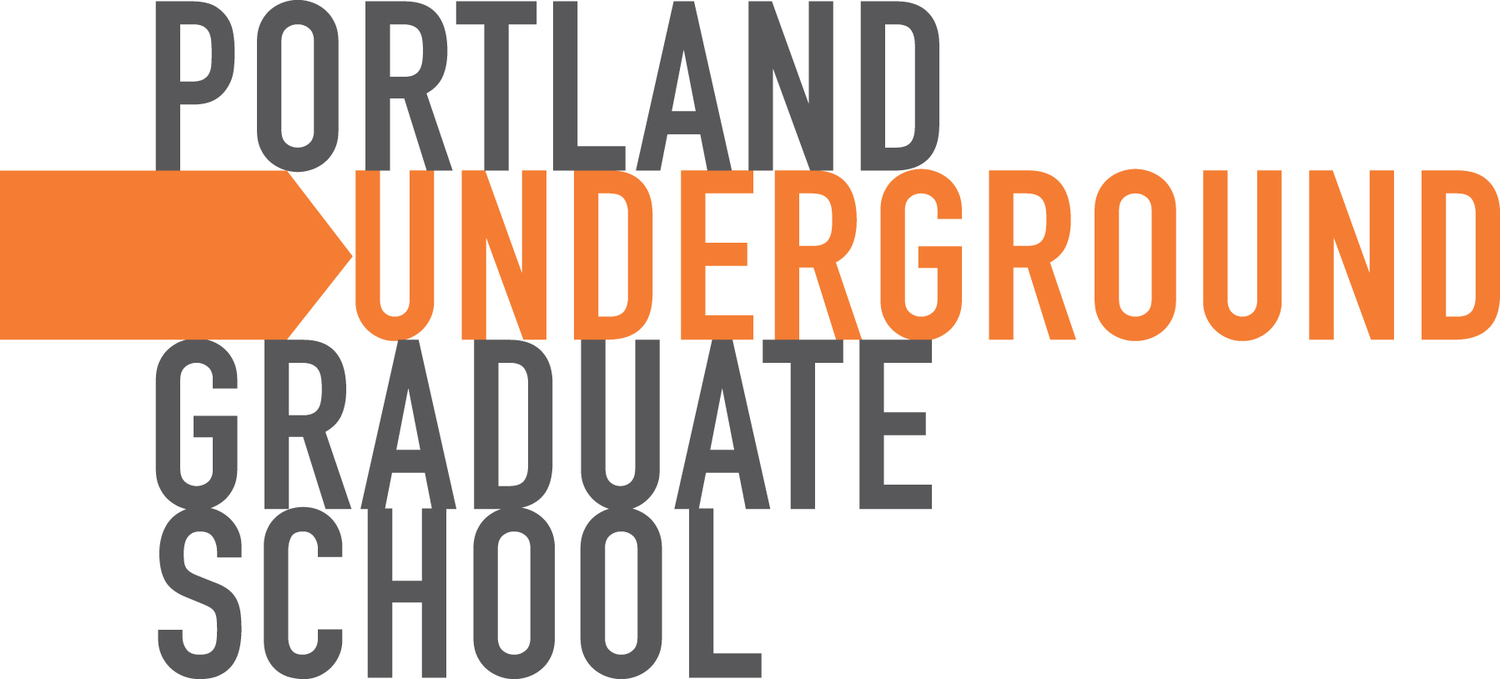Food, Social Identities & Justice (February 2017)
Food, Social Identities & Justice (February 2017)
Digesting the Politics of Food
Taught by Dr. Lisa C. Knisely
Is food a political or a moral topic? How does your social identity influence what food you eat and who produces and prepares that food for you? In this course, we will come together each week to discuss how our social identities and experiences influence our ideas about food and justice.
Wednesday Feb. 1, 8, 15 & 22 || 6:30-8:00 PM
People's Food Coop|| 3029 SE 21st Ave
4 weeks, $94 || Limited to 20 students || Scholarships Available
Is food a political or a moral topic? How does your social identity –your gender, race, class, ethnicity, cultural heritage, or religion– influence what food you eat and who produces and prepares that food for you? Is there such a thing as “food tourism” or food appropriation? Can only rich white people be "foodies"? Are women naturally better at cooking because they are nurturing? Did feminism kill the homecooked meal? Why are there so few famous women chefs? Do people eat “poorly” because they just don’t know better? Does eating “real food” make you morally or politically virtuous? What does it mean to be an ethical consumer of food?
In this course, we will come together each week to discuss how our social identities and experiences in life help shape our answers to these questions and influence our ideas about food and justice. We will briefly touch on a number of topics including the philosophical definition of justice and the difference between moral and political claims about justice, urban vs. rural divisions in agricultural ethics, classism, sexism, and racism in food justice movements, labor rights in the restaurant industry, and gendered care labor. Readings outside of class will be drawn from both academic and popular sources. Foodies, chefs/cooks, farmers/butchers, and all critical thinkers welcome!
Week One: Food Ethics Beyond Farm-to-Table
Overview of philosophical concept of “justice” and discussion of key areas of injustice in our food systems with a focus on agricultural food production.
Reading: “Food Ethics and Social Injustice.” From Field to Fork: Food Ethics for Everyone by Paul B. Thompson.Articles from Civil Eats and The Washington Post on the recent presidential election and agricultural policy.
Week Two: Who Cooks and Who Eats – Racial Justice in the Kitchen
Discussion of systemic racism in the restaurant industry and the ideas of cultural exchange and appropriation through cuisine and cooking.
Reading: “Race in the Kitchen.” Behind the Kitchen Door by Saru Jayaraman.
Articles from Bitch Magazine and Eater about cultural appropriation and culinary “authenticity.”
Week Three: Who Cares? Gender, Food, and Labor
Defining what “care labor” is and discussion of the gendered aspects of food preparation.
Reading: “Caring About Food: Doing Gender in the Foodie Kitchen” by Cairns et. al. from Gender & Society.
Articles from Salon and Gastronomica about the dearth of lauded women chefs and anti-feminism in the local food movement.
Week Four: Thinking Politically, Not Morally, about Food


